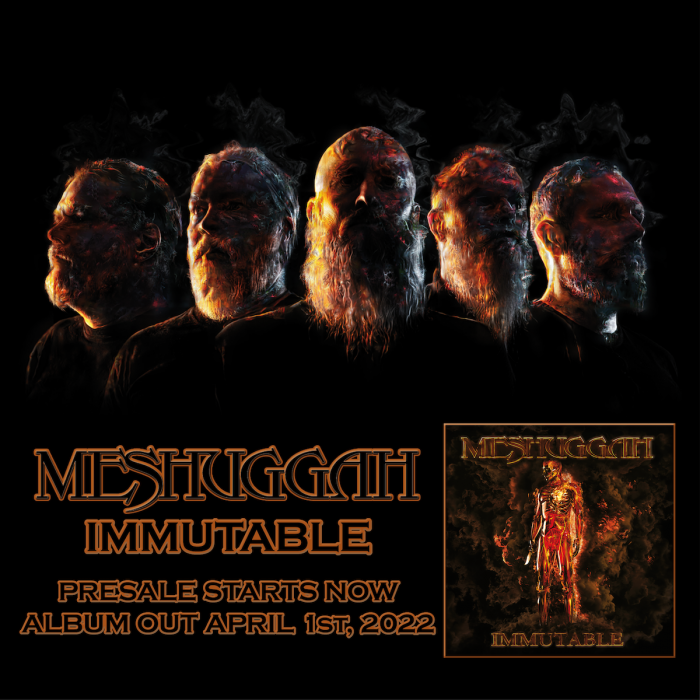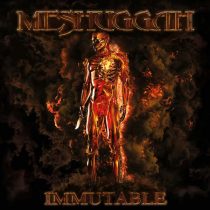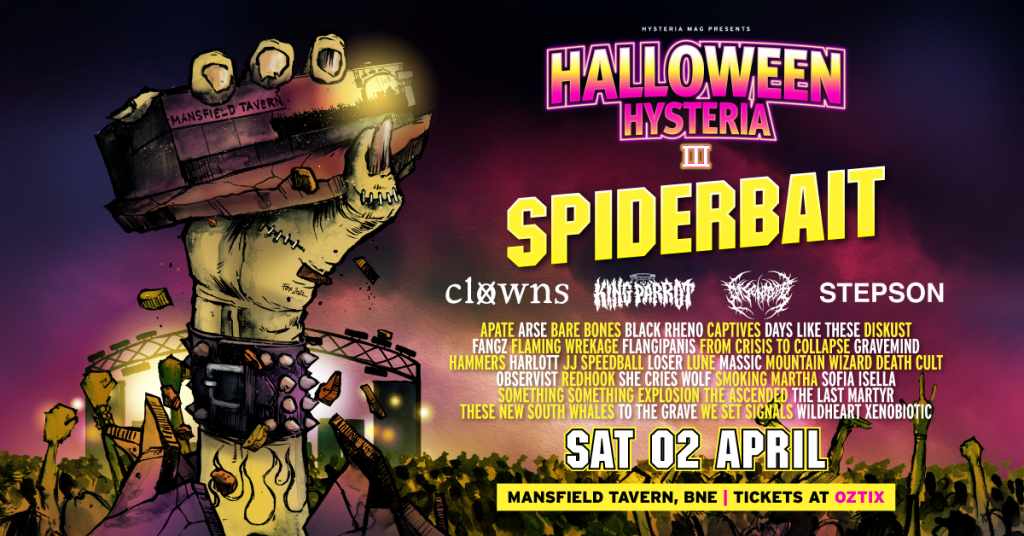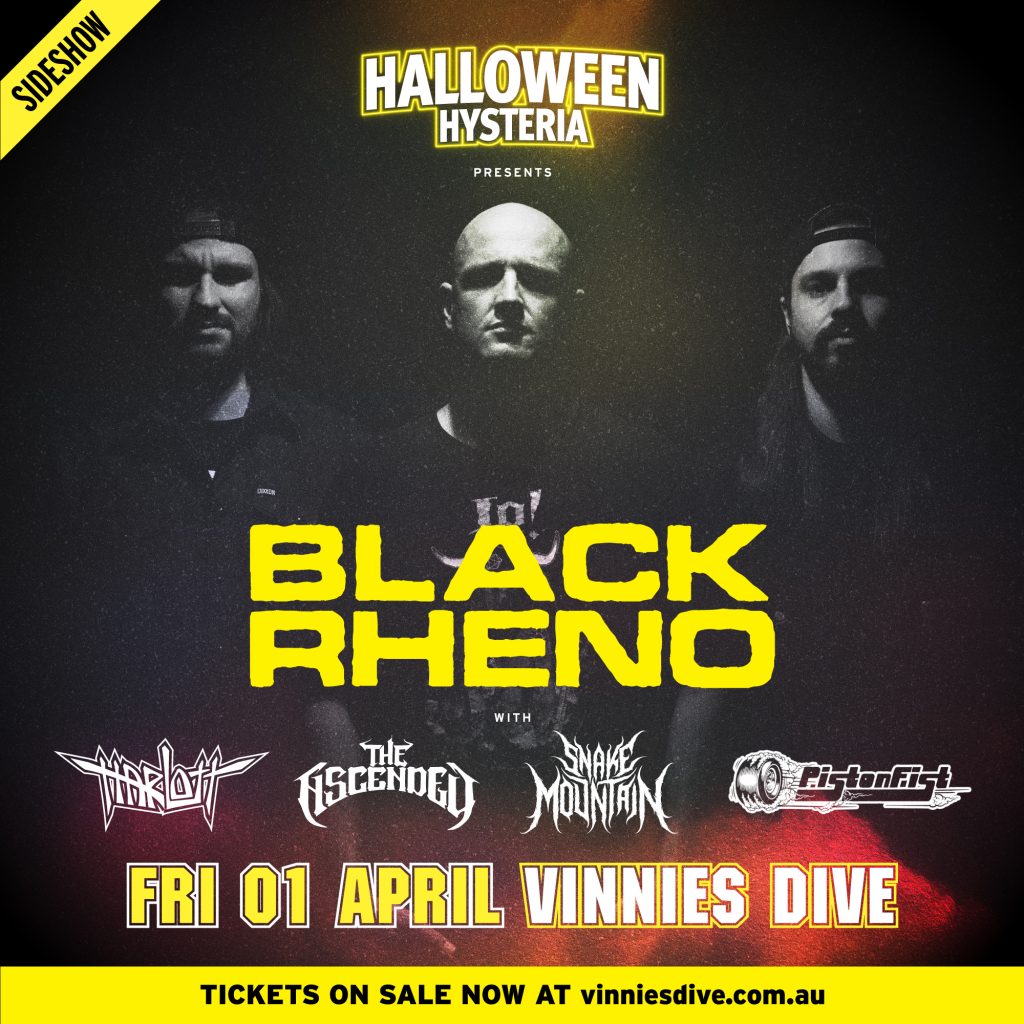Brisbane’s pop-punk upstarts Two Times Shy are soaring lofty heights as they let loose their …

The rhetoric often preached to us is that by doing less, you end up achieving more. While this notion sounds appealing, Meshuggah are a testament to the fact that sometimes more is not in fact enough.
MORE: FANGZ: Our Top 5 Bands Playing Halloween Hysteria // FROM CRISIS TO COLLAPSE: Talk Us through Their Essential Deserted Island Albums REVIEWS: KORN: Requiem // BODYJAR: New Rituals // ROLO TOMASSI: Where Myth Becomes Memory // ZEAL & ARDOR: Zeal & Ardor // GHOST: Impera
Over their 35 year history, Meshuggah have immortalised themselves in the heavy metal canon, relentlessly pushing the genre headfirst into the future with their unique brand of bludgeoning brutality, unrivalled technical excellence and indefinable style of ‘restrained’ excess. A far cry from their thrash metal roots, the band have been on an absolute tear since their second record Destroy Erase Improve, crafting compositions that feel as close to sensory overload as you can get before your mind completely disintegrates under the pressure of deciphering the intricacies (or trying to at least).
Their 9th full-length release, Immutable is a monolith of a record that further solidifies the band’s indomitable position as heavy music’s most innovative trailblazers. Mastered by Grammy award winner Vlado Meller, the album is impeccably produced to capture the unhinged energy of Meshuggah’s playing, whilst not compromising on a tight and polished studio finish. Most importantly, the production elevates the music to such a level that enables it to deliver the powerful message behind the record’s concept—that is, humankind’s relentless path to self-destruction.
With a seemingly endless blank canvas to work with and an unparalleled musical virtuosity to boot, it feels inconceivable Mushuggah is capable of releasing anything short of extraordinary.
Broken Cog opens the record with the sonorous pounding of the band’s rhythm ensemble, embellished by an eerie guitar lead and Jens Kidman’s sinister vocal delivery; the band has never sounded more evil. The sheer immensity of The Abysmal Eye is enough to crush you under the weight of the dense instrumentation, before Light The Shortening Fuse will have your head-banging in incomprehensible rhythmic patterns. Phantoms launches a violent assault with calculated precision, followed by the robust chugging of Ligature Marks, which is unyielding to the point of almost suffocating. The instrumental God He Sees In Mirrors can best be described as ‘organised chaos’ with its spiralling passages of counter-melodic guitar and its seismic resonance.
Immutable tempers its aggression with the introduction of They Move Below, which begins with a majestically curated arrangement of interwoven guitars, before it cascades back down into the dark abyss. The signature groove-infused style that has become synonymous with Meshuggah’s music is heavily prevalent on Kaleidoscope. The album’s second instrumental, Black Cathedral is dominated by dissonant guitars, which lead into sharp staccato palm mutes on I Am That Thirst; all of which are further trademarks of the band’s unique sound. The Faultless is a sonically powered vortex encapsulating all the elements that have made a statement on the album thus far, particularly the vocals, which feel as if they are attacking from all angels at once. The collective delivery of Armies Of The Preposterous hits mercilessly, yet is undeniably musical all at once. In the final moments of Immutable, Meshuggah are at their most experimental, incorporating the use of empty space, ambient sound and atmospheric minimalism to stunning effect on Past Tense. Five decades on, Meshuggah’s music has never sounded more immediate and relevant than it does today. With a seemingly endless blank canvas to work with and an unparalleled musical virtuosity to boot, it feels inconceivable that the band is capable of releasing anything short of extraordinary.
STANDOUT TRACKS: The Abysmal Eye, Ligature Marks, The Faultless
STICK THIS NEXT TO: Mastodon, Gojira, Opeth







